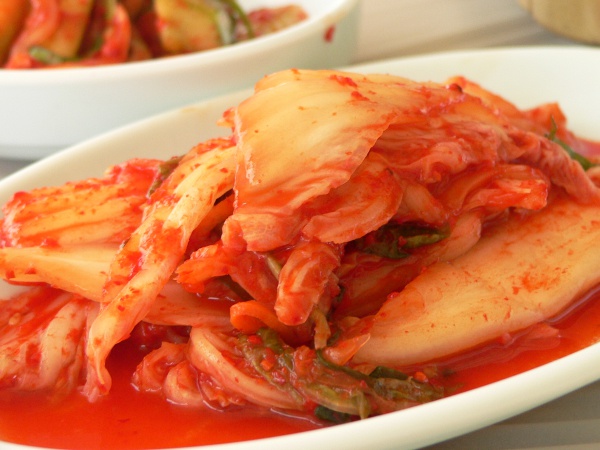Facts About Kimchi
Kimchi, a cherished Korean side dish, is created by fermenting vegetables such as napa cabbage and Korean radish with a blend of seasonings including gochugaru (Korean chili powder), spring onions, garlic, and ginger. This dish boasts a rich history dating back to ancient times, evolving to incorporate various ingredients and styles over the centuries. Traditionally, kimchi was stored in earthenware pots buried underground, but today it is often kept in specialized kimchi refrigerators.
The name "kimchi" has its origins in the old Korean language and has changed over time. Interestingly, the original versions of kimchi were neither spicy nor contained garlic or chili peppers. These ingredients were introduced later, with chili peppers arriving in Korea in the 17th century via Portuguese traders. Today, chili peppers are a key component of the modern kimchi we know and love.
Kimchi holds a special place in Korean culture and is considered a national dish in both North and South Korea. Its significance is so profound that it was even sent to space with South Korean astronauts. There are countless varieties of kimchi, each featuring different vegetables, seasonings, and regional influences. The dish can be classified based on its main ingredients, the region where it is made, and the season in which it is prepared.
In addition to its delicious taste, kimchi is celebrated for its health benefits. It is rich in dietary fiber, low in calories, and packed with essential vitamins and minerals. The fermentation process that kimchi undergoes produces beneficial microorganisms, contributing to its unique flavor and health properties.
In more recent times, there have been disputes over the production and export of kimchi, particularly with countries like Japan and China imposing regulations and bans that affect Korean kimchi exports. Despite these challenges, kimchi's cultural significance has been recognized globally. UNESCO has even listed kimchi-making traditions as an Intangible Cultural Heritage of Humanity, with contributions from both South and North Korea.
However, trade disputes and boycotts in certain countries have affected the global perception and consumption of kimchi. Nevertheless, its popularity continues to grow, and its rich cultural heritage and health benefits ensure it remains a cherished dish worldwide.

 North Korea
North Korea